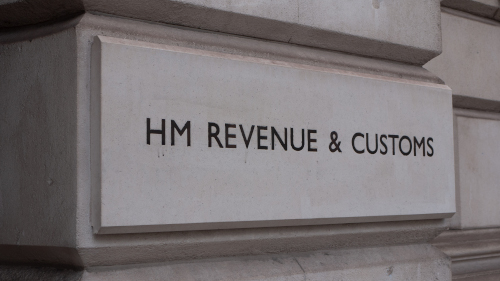HMRC forecasts inheritance tax freeze to affect 50,000 more families

Newly released figures have revealed that the UK government’s decision to freeze the inheritance tax threshold could affect almost four times more families than initially expected.
The forecast by the HMRC suggests that 49,400 estates will face inheritance tax by 2028, significantly higher than the previously predicted 13,400, according to The Daily Telegraph, which obtained the documents via a freedom of information request. The rise is largely attributed to sustained high inflation rates.
In a bid to curb the budget deficit, the Chancellor Jeremy Hunt last year decided to maintain the inheritance tax threshold at £325,000 until April 2028. Previously, the threshold had risen in sync with inflation. It was originally projected that this decision would result in an extra 13,400 estates being liable for inheritance tax over seven years.
The latest HMRC data indicates that 283,400 estates in total will be subject to inheritance tax by 2028. This figure represents a 63% increase compared to the preceding seven years. This inflation is expected to create an additional tax burden for many families across the UK.
Inheritance tax currently stands at 40% for anything above the threshold. This means that children usually have to bear the brunt of the bill before probate is granted, leading to financial hardship for many.
Recently, there has been discussion among Downing Street and senior Conservative MPs to scrap the inheritance tax altogether as part of the party’s next general election offering. This follows concerns that potential savings from income tax cuts could be overshadowed by the impacts of inflation and rising mortgage rates.
Despite these developments, a Treasury spokesman said: “The vast majority of estates do not pay inheritance tax – more than 93% of estates are forecast to have zero inheritance tax liability in the coming years.
“However, the tax raises more than £7 billion a year to help fund public services millions of us rely on daily.”








